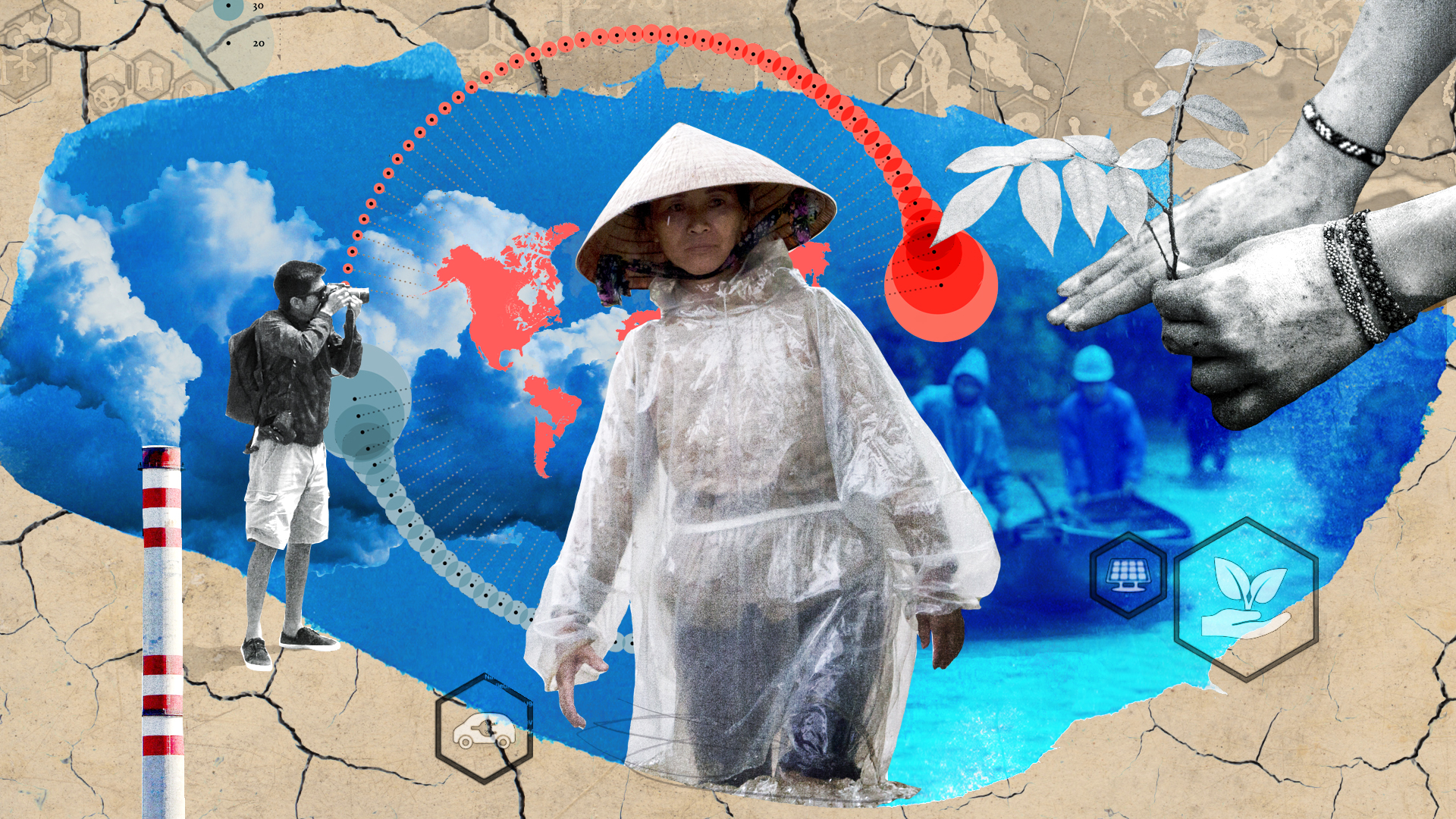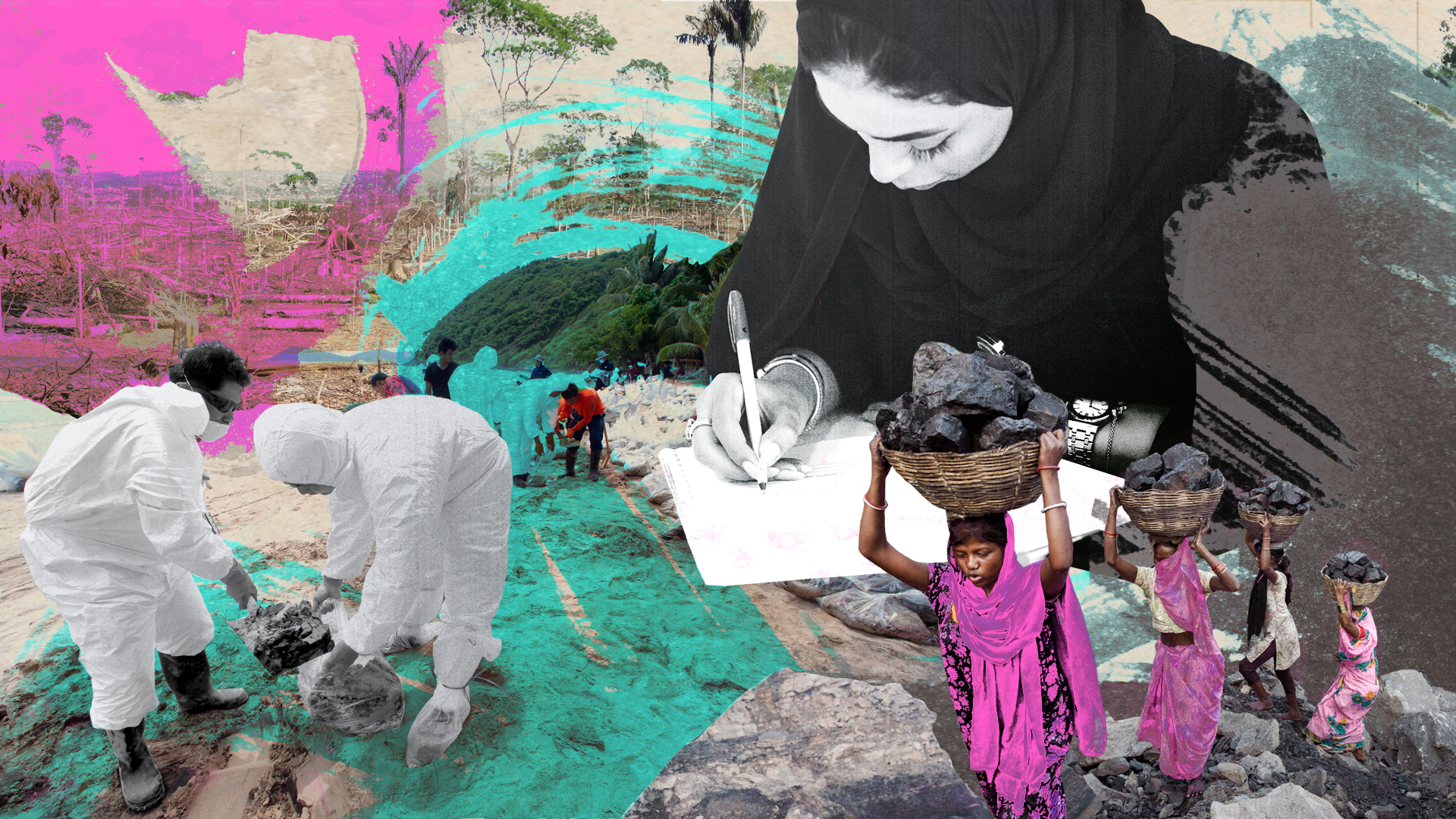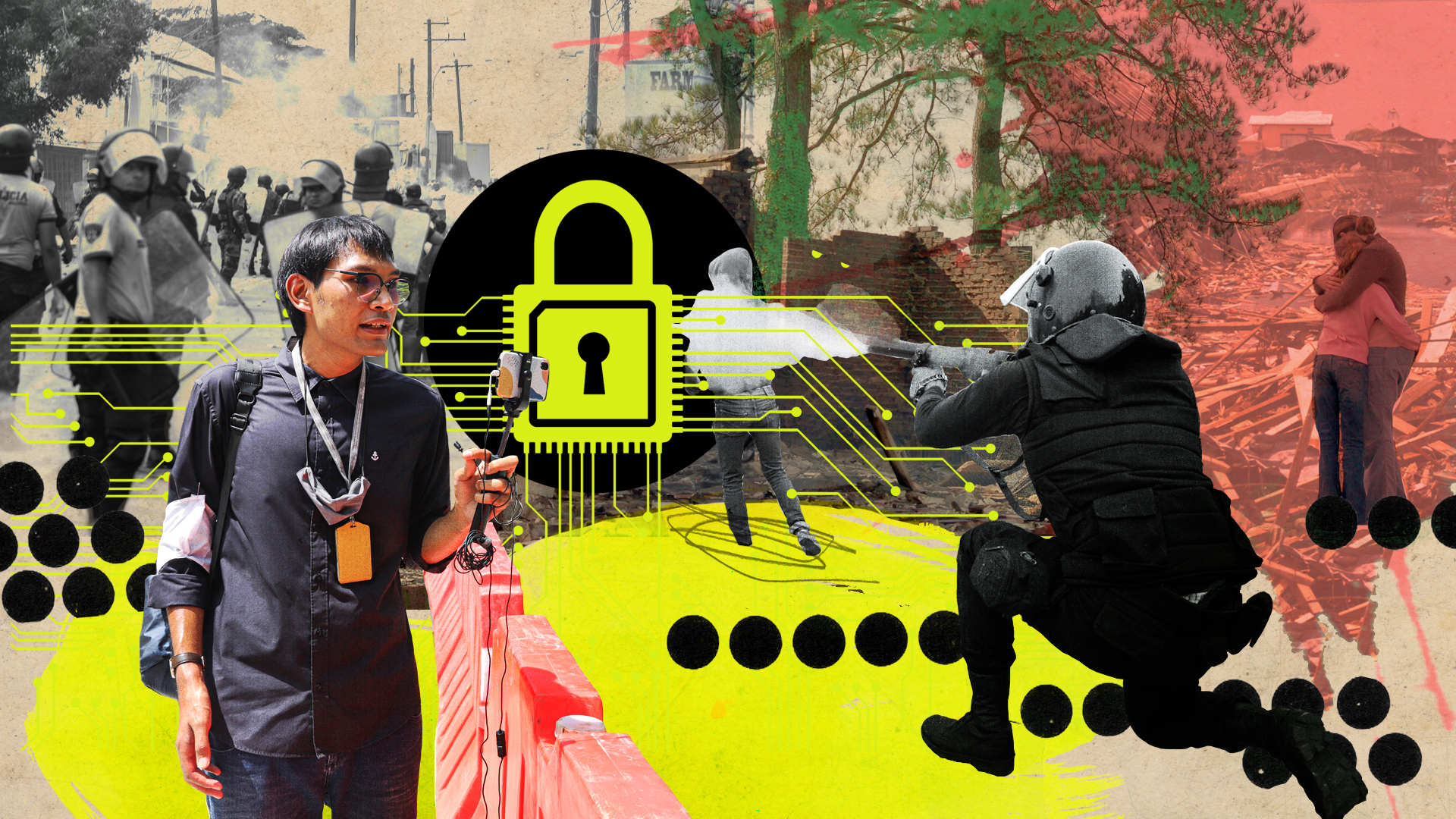Journalists have a unique role to play in changing the narrative around the world's environmental breakdown and becoming an essential part of the solution. Hear from the course instructor of our series of free environmental journalism courses, Catherine Mackie, on why we’re all environmental journalists now.
I can remember the exact date I became an environmental journalist. It was 20 July 2007, the day I found myself quite literally up to my knees in the biggest environmental disaster to hit my city in a lifetime.
The torrential rain that day was relentless and unforgiving. It forced hundreds of families out of their homes as rivers burst their banks and floodwaters rose. Thousands of motorists spent a terrifying, cold night trapped in their cars watching the roads around them disappear underwater.
I never acquired the job title of ‘environmental journalist’ but discovered, probably earlier than most, that the environment was seeping into pretty much every story in my patch.
The great flood is an obvious environmental story but its ripples have been felt in so many stories since: anything from where to build homes to an increase in mental health problems. These aren’t just ‘local’ stories anymore or disconnected issues about infrastructure and psychological trauma. They’re linked to similar struggles facing communities around the UK and around the world. For reporters that means there is no such thing as just a local environmental story. Like wildfires, it’s a global issue and you’re reporting to the world.

What does that mean for local reporters on the ground? It means it’s time to see the bigger picture. Climate change in particular is a global issue. Politicians will gather for COP26, the next annual UN climate change conference in Glasgow in November 2021. For every reporter from Tirana to Skopje, it’s your story.
If you think you’re just a political, sport or general news journalist, it’s time to think again. Stories from across the news spectrum are linked to environmental changes locally and the impact of climate change globally.

So, whenever a story lands on your desk, it’s time to start asking, what’s the environmental link? What you’ll find is there is usually a much bigger narrative at work: from football pitches drying out as climate changes, or polluting factories escaping censure because of political corruption. Exposing those links will educate your audience on the biggest issue facing the planet, and help put into context why certain things are happening where you live.
So, whenever a story lands on your desk, it’s time to start asking, what’s the environmental link?

So welcome to the environmental beat. It can be dangerous, particularly if you’re exposing corruption. It can be challenging if you’re explaining climate science, but it can be rewarding when you’re able to engage and educate your audience.
My one tip is don’t forget to pack your wet weather gear. Back in the flood of July 2007, I spent a very wet night trapped in a caravan with a camera operator and a sound engineer. But that’s a story for another day.
How to become a better environmental journalist: Catherine was in conversation with The Third Pole on Twitter Spaces on 20th September, 2021, sharing insights, resources and tools to help journalists. This was followed by a Q&A with listeners. Listen to the conversation here. Follow @thomfound for more.
Related content

Environmental journalism | Why local matters: Sources
Investigate local environmental stories and their possible links to climate change.

Environmental journalism | Why local matters: Storytelling
Cover environmental stories and address climate change in a way that engages audiences.

Environmental journalism | Why local matters: Safety and security
Learn how to stay safe online and when facing physical threats and intimidation.

Catherine Mackie
Training and Communications Editor
About: Catherine is responsible for designing training programmes for Thomson Foundation and has been a senior journalist for more than 30 years.
About: Catherine is responsible for designing training programmes for Thomson Foundation and has been a senior journalist for more than 30 years.